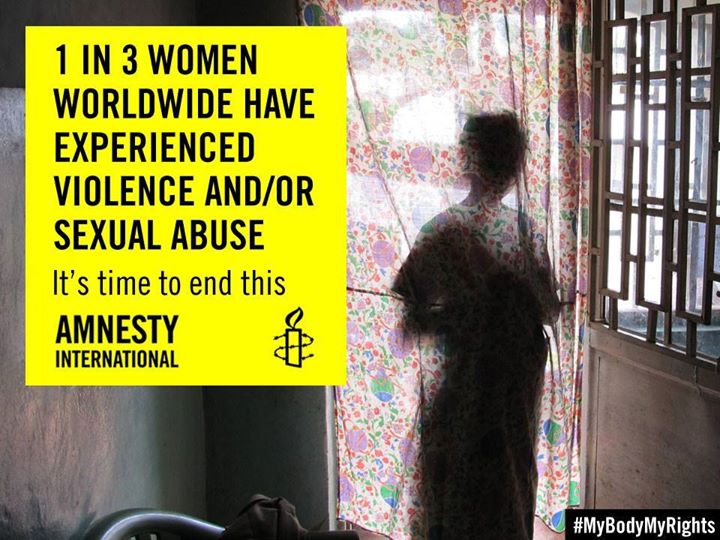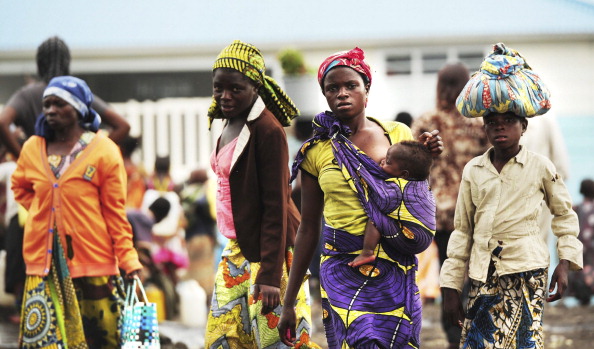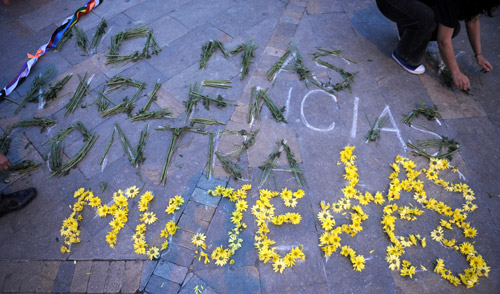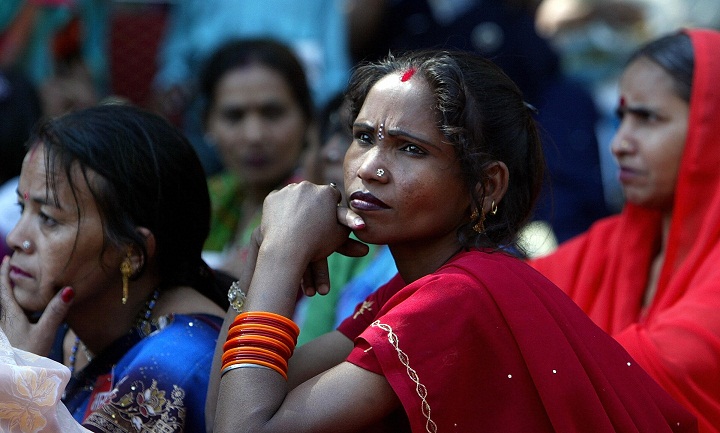
I’ve just come from opening week at the U.N. Commission on the Status of Women (CSW), when thousands of women’s rights activists and member state delegations descend on New York to review the current state of affairs for women and girls globally and recommend actions states can take to advance gender equality and promote female empowerment.
Many of the events this week are calling attention to sexual and reproductive rights as a primary barrier to development progress and the enjoyment of rights and dignity for all. The priority theme for the CSW this year is a review of progress for women and girls under the Millennium Development Goals (MDG).






